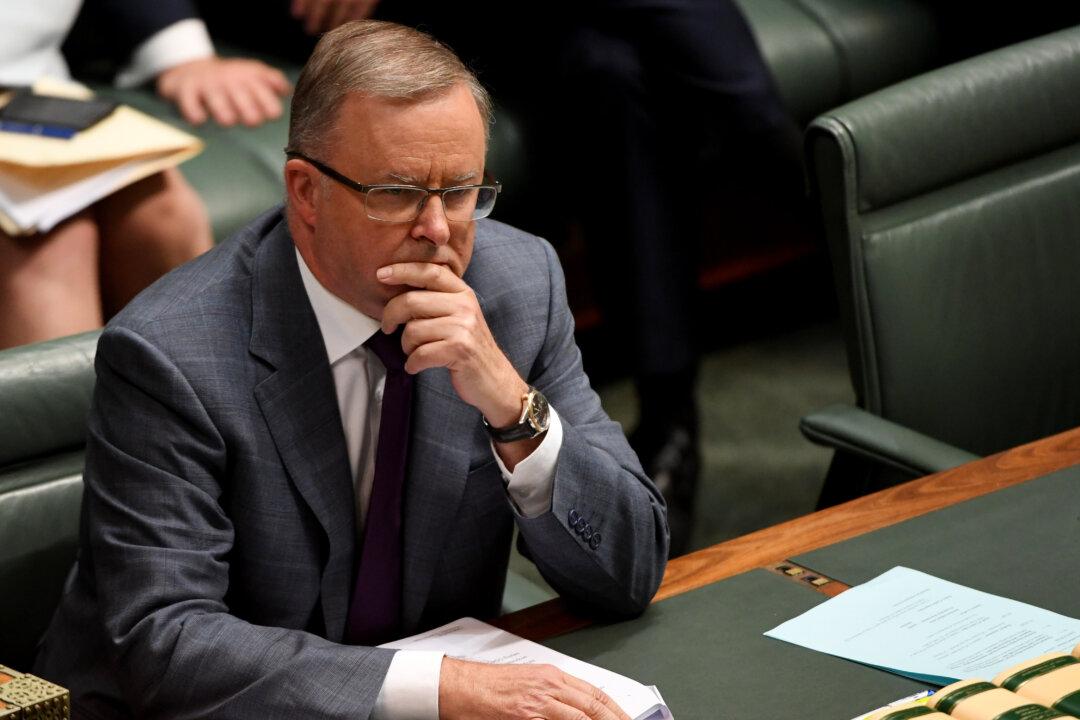National Opposition Leader Anthony Albanese has expressed concern about the reduction from Jan. 4 of the JobKeeper wage subsidy scheme—a federal government measure to cushion the economic impact of the CCP virus.
The economic measure was put in place when the pandemic first struck Australia and was intended to help businesses keep workers on the books.





